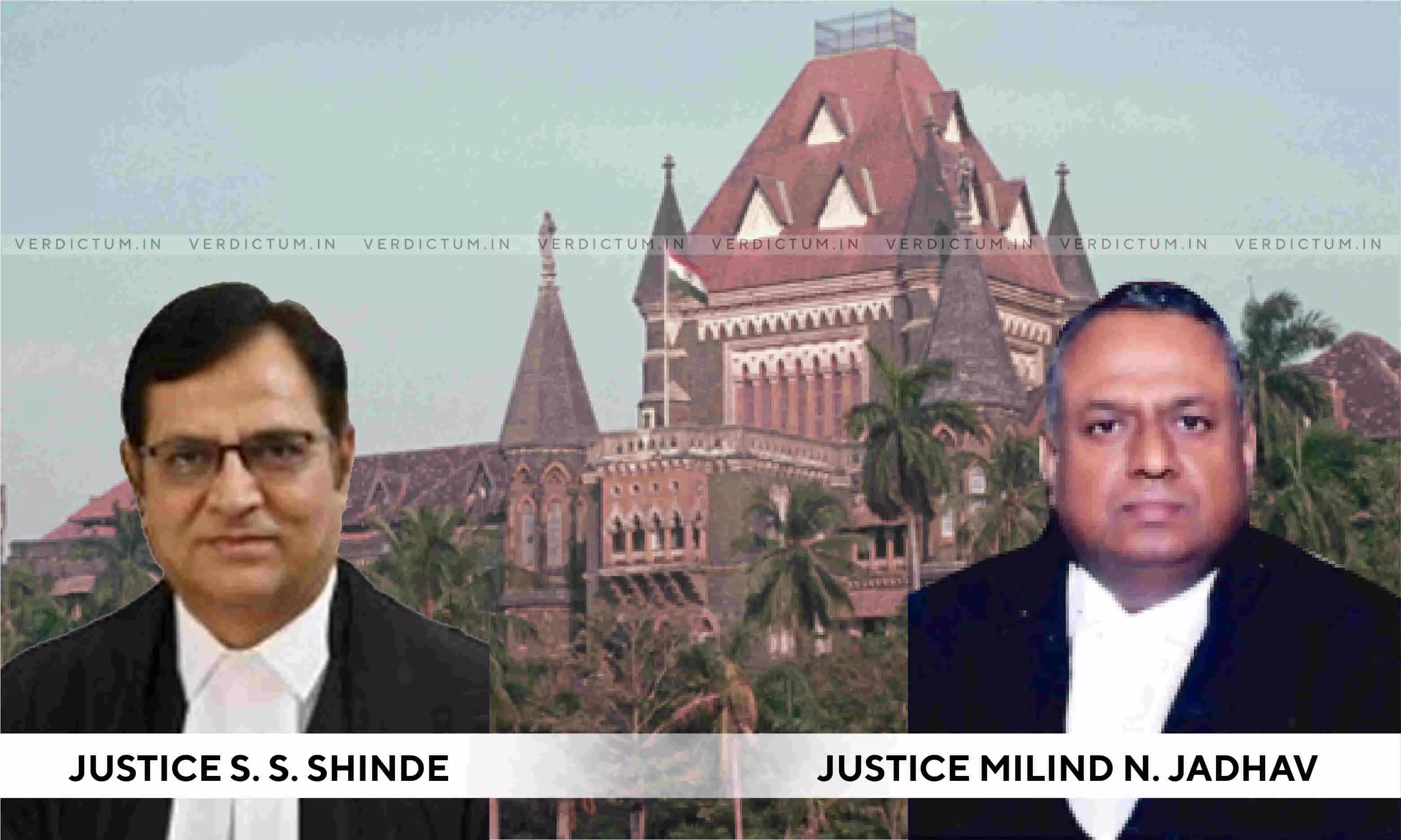
Possession Of Fire Arm Must Be Conscious U/s. 3 & 25 Of Arms Act To Constitute Offence - Bombay High Court
 |
|The Bombay High Court has held that the term "possession" used in sections 3 and 25 of the Indian Arms Act 1959 refer to "conscious possession" and not "unconscious possession or inadvertent possession" or possession not to the knowledge of the person.
"the possession of the fire arm under the said Act must be conscious possession with the knowledge of and requisite mental element and mere custody without awareness of the nature of such possession cannot fall within the ambit of sections 3 and 25 of the said Act", the Bench of Justice Milind N. Jadhav and Justice S.S. Shinde reiterated.
Recently, the Delhi High Court had quashed an FIR on the grounds that the accused was not conscious of the possession of live ammunition and an offence under the Arms Act could not be constituted if the suspect was unaware of his possession.
In the case before the Bombay High Court, a live cartridge was detected and recovered from the hand baggage of the Petitioner during the security check at the Airport. The petitioner informed that she had no knowledge or nexus with the alleged cartridge found in her bag and claimed that she had no arms licence for holding any weapon.
FIR was registered against the petitioner under sections 3 and 25 of the Indian Arms Act. In her defense petitioner contended that adjacent to her residence was a police centre and firing range and the alleged bullet may have been found and picked up by her minor daughter and carried to her house and kept in her handbag.
Advocate N.U. Khan appearing on behalf of the petitioner submitted that the petitioner had never claimed to be in conscious possession of the live cartridge as she came to know for the first time about its presence in her handbag when it was detected during screening. He argued that it was a case of complete inadvertence and that the Petitioner's case cannot be covered under the provisions of sections 3 and 25 of the Indian Arms Act.
A.S. Pai, PP, appearing on behalf of the respondent-state contended that during the investigation the Petitioner had informed that the live cartridge could belong to one of their family friend who was in possession of an arms licence and weapon and on further investigation it was found that the live cartridge did not belong to him as it was not in consonance with his 9mm German Pistol.
The Court observed that neither the petitioner nor her husband possessed an arms license and that no weapon or firearm was recovered at the time of recovery of the live cartridge from the hand bag of the Petitioner.
On the issue of applicability of the provisions of Section 3 of the Indian Arms Act, the Court noted "the term "possession" used in sections 3 and 25 of the said Act refer to "conscious possession" and not unconscious possession or inadvertent possession" or possession which is not to the knowledge of the person."
The Court placed reliance on the Supreme Court judgment in the case of Sanjay Dutt Vs. State through C.B.I., Bombay (II) where it was held that the possession of the firearm under the Indian Arms Act must be conscious possession with the knowledge of and requisite mental element. The Court observed that mere custody without awareness of the nature of such possession cannot fall within the ambit of sections 3 and 25 of the said Act
The Court further noted that the petitioner's claim that her residence is adjacent to the police training centre and firing range was not doubted by the prosecution and that the possibility of the cartridge being picked up by her minor daughter and put in her handbag could not be ruled out.
On perusal of the chargesheet, the Court observed that "…there is no other material or evidence collected by the prosecution so as to indict the Petitioner of having "conscious possession" of the live cartridge. That apart, it is reiterated that only the live cartridge having been found, there was no recovery of any weapon or any firearm from the baggage of the Petitioner."
"…we are of the considered opinion that possession of the live cartridge in the hand bag of the Petitioner could not be to mean that she was in conscious possession of the live cartridge and further in the absence of recovery of the fire arm / weapon, benefit of doubt needs to be given to the Petitioner in the facts and circumstances of the present case," the court held while quashing the proceedings against the Petitioner.
Click here to read/download the order